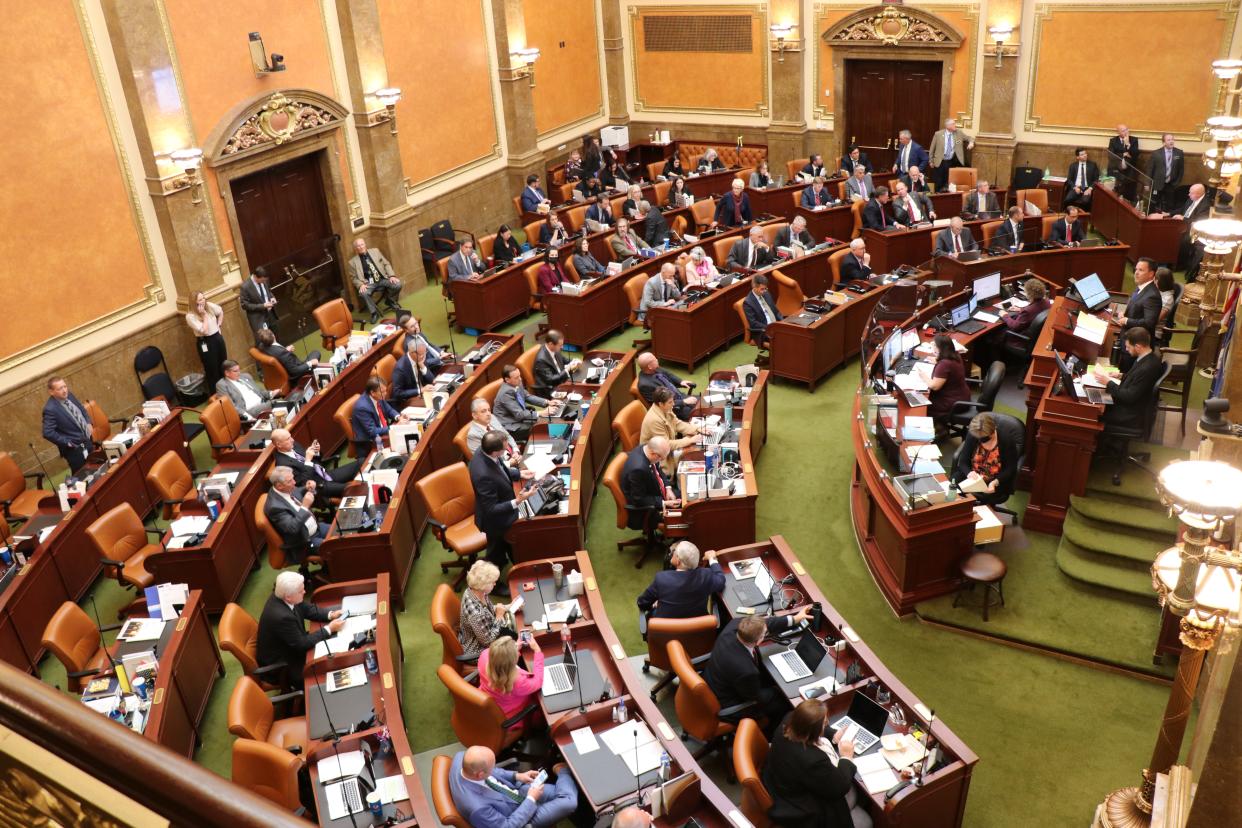Why diversity helps Utah's university and economy

This past legislative session saw the introduction of a number of bills seemingly intended to stoke the national culture wars rather than address the real needs of Utahans. One such bill was “S.B. 283 Prohibiting Diversity, Equity, and Inclusion in Higher Education.” While, fortunately, this bill did not pass out of committee, I fear that this will be just one in a series of proposed bills modeled after Florida’s “anti-woke” legislation.
While I am not speaking on behalf of my institution, I have worked in the field of higher education for more than 20 years, the last 15 here in Utah. From this informed perspective, I fail to see how anti-diversity and inclusion legislation would improve Utah’s universities, its economy, or the lives of its students, staff, administrators, and faculty. Not only do bills like this potentially risk our universities’ accreditation statuses and federal grant money (and/or embroil us in expensive lawsuits), they also make our graduates less employable and lead to feelings of alienation for many members of our campus communities.
I will speak of the potential economic consequences first. Many of our graduates seek jobs with national and international nonprofits and businesses. These organizations value cross-cultural competencies in their employees. In fact, Utah Tech Leads, a group representing Utah’s tech industry, spoke in opposition to S.B. 283 for this very reason, writing “ SB 283 is not just anti-diversity, it’s anti-business.” They did not object just out of “political correctness,” but out of the knowledge that more diverse organizations tend to be more effective and profitable ones.
Numerous studies have shown that organizations increase their profits and effectiveness by employing more diverse groups of people. A 2021 article in Forbes magazine cites research by Paul Gompers and Sipla Kovvali of the Harvard Business school, demonstrating that venture capital companies increase their profits by hiring more diverse investment partners. A 2018 report from the McKinsey Corporation, “Delivering Through Diversity,” drew upon a data set of over 1000 companies in 12 separate countries. Their research shows that companies in the top quartile in terms of gender, ethnic, and cultural diversity on their leadership teams were 35% more likely to financially outperform companies occupying the bottom quartile. It’s not just profits that increase. Other studies mentioned in the Forbes piece indicate that hiring more diverse leadership teams positively impacts the quality of job applicants and seems to lead to improved employee retention rates.
We live in an increasingly multicultural world and our universities should help provide Utah students with the skills and abilities to cope and thrive in these environments. Graduating from universities associated with anti-diversity, equity, and inclusion regulations does not signal to potential employers that our students are comfortable living among and working with people who are different from themselves.
Equally importantly, this bill would have a chilling impact on our efforts to recruit and retain the best-qualified faculty and students to our state’s universities. Why would faculty and students from diverse religious, ethnic, and racial backgrounds choose to work or study in a state that passes anti-diversity legislation? How does legislation like this show our students and employees that they have found a home where they will feel welcome and valued? Why would faculty wish to research and teach in schools where their ability to offer certain classes or conduct some types of research could run them afoul of state law? Bills such as S.B. 283 are antithetical to the ideals of academic freedom long enshrined in most American universities.
I strongly believe that diversity is not a threat, rather it enriches our lives. The financial costs of running programs for diversity, equity and inclusion are small and are far outstripped, in my opinion, by the benefits that programs such as these bring to Utah’s campuses. I was pleased that the Utah Senate rejected this needlessly divisive bill. I hope that future legislative efforts instead help our universities create welcoming spaces for all faculty, staff, and students in Utah.
Emily Dean, writing on behalf of the Iron County Democratic Party.
This article originally appeared on St. George Spectrum & Daily News: Your Turn: Diversity helps Utah's university and economy

